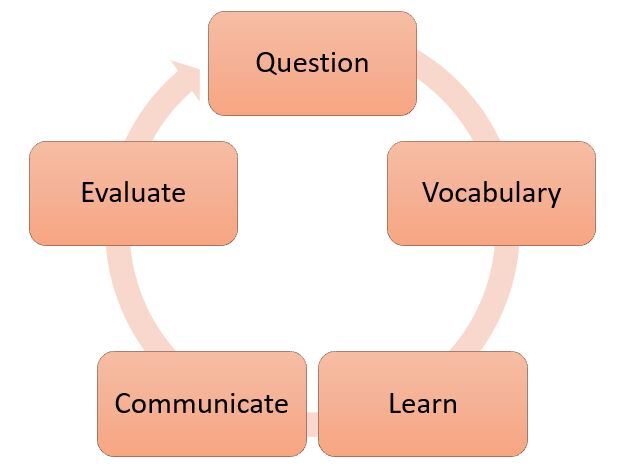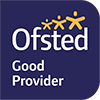RE
Filter By Subject:
Intent
- Good progress will be made in R.E across the school.
- Planning will show clear progression and will ensure coverage of the national curriculum objectives/personalised scheme objectives across year groups.
- R.E will be vibrant across the school through use of displays, trips/visitor and resouces (NPP, UNO ect).
Implementation
We implement this in school through a range of different strategies:
- A sequential approach to the teaching of R.E.
- Dialogic talk is used from EYFS to Year 6.
- Progession is demonstrated through vocabulary which is built apon each year.
- Mindmaps will allow the children to reflect on what they have learnt.
- In R.E, pupils will use real life experiences and make comparisons between their own beliefs and that of others. Pupils will understand how culture and diversity plays a role on our society and the impact of religion on peoples lives.

Impact
The impact of our R.E approach is:
- Children talk confidently about R.E
- They have a genuine love for the subject
- Children have experiences linked with the topics they have been taught
- Chidlren to recall and build on previous knowledge
Impact is also measure through outcomes. R.E outcomes are recorded internally on a termly basis using the assessment ticklists which are linked to our progression documents.
